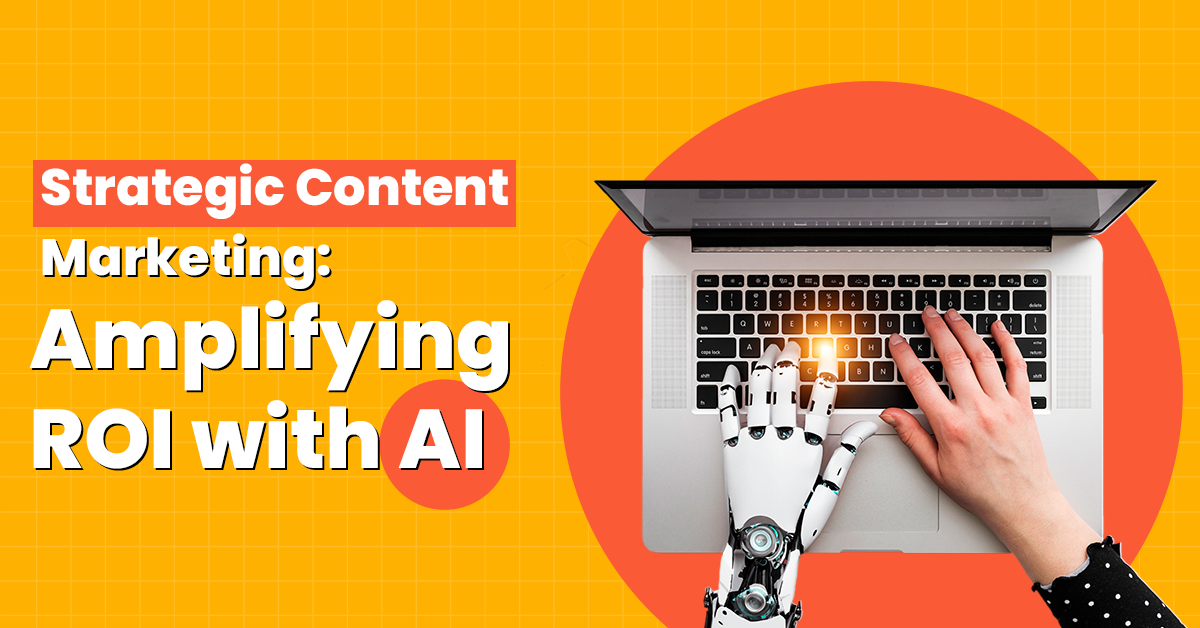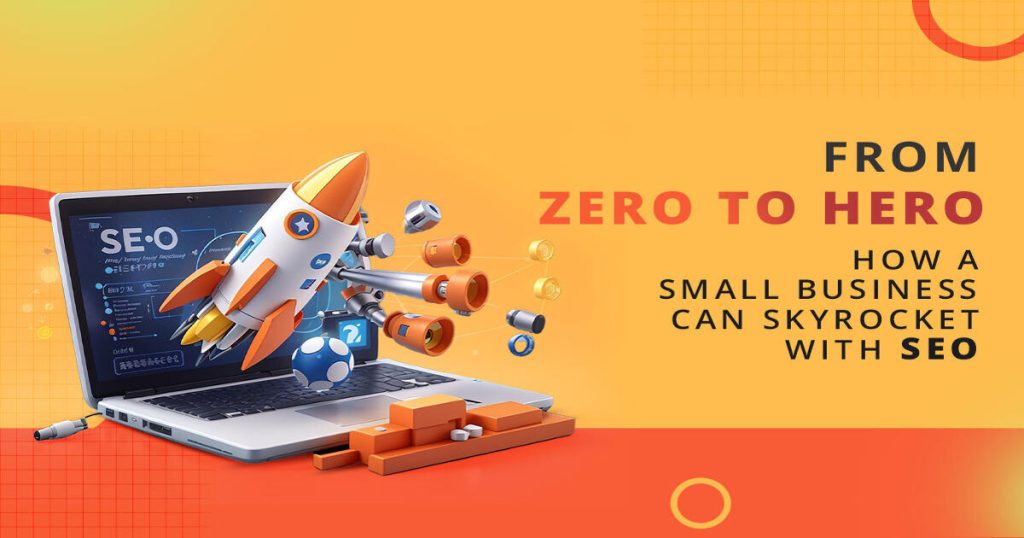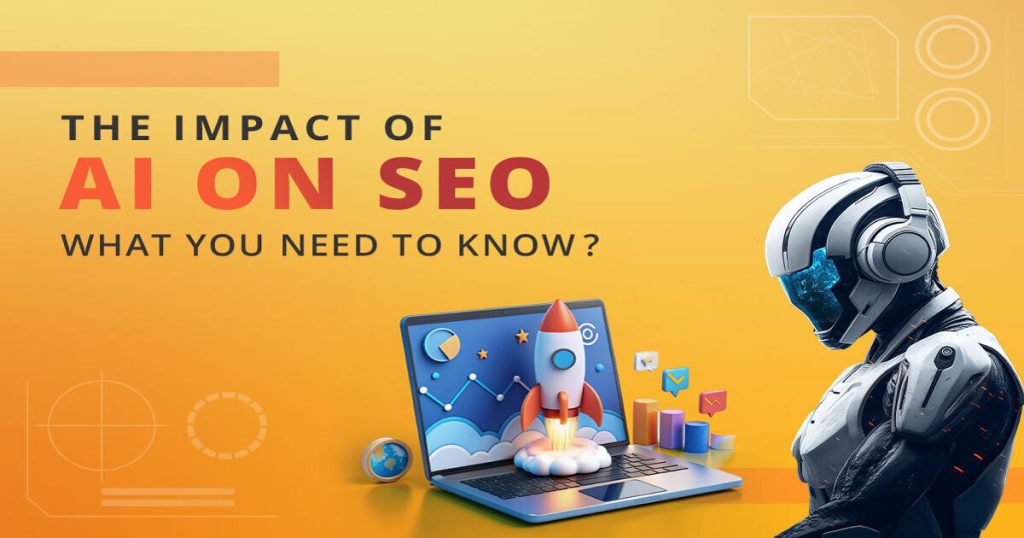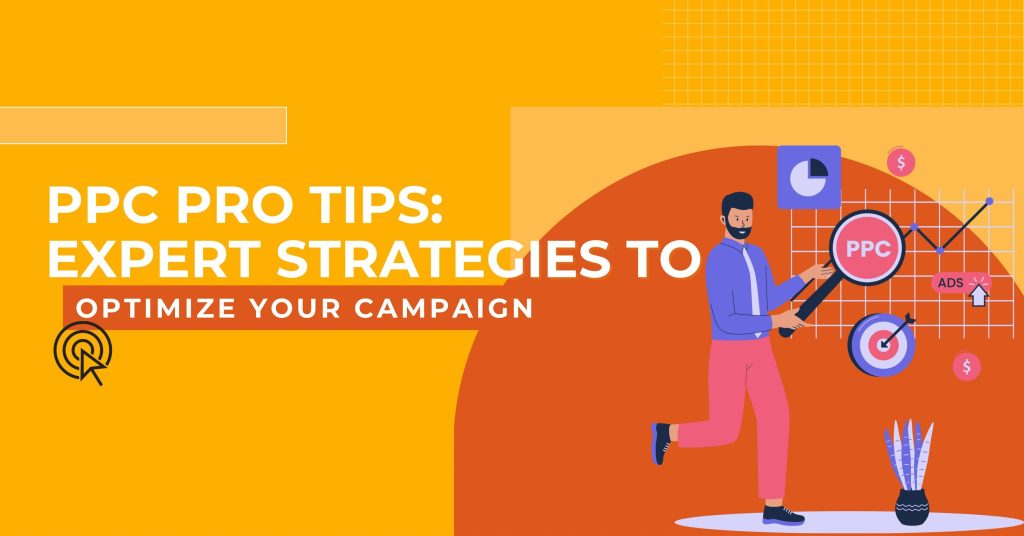Understanding Content Marketing ROI
What is Content Marketing ROI?
Content marketing ROI measures how effective your content is at achieving business goals like customer acquisition and engagement. It’s crucial for businesses to create content that not only attracts but also converts the right audience. For example, HubSpot, a leading marketing software company, meticulously tracks the performance of its blog posts and marketing materials through analytics. By measuring metrics such as lead generation and customer acquisition, HubSpot ensures that each piece of content contributes effectively to its overall marketing strategy and ROI objectives.
The Power of AI in Content Marketing
How AI Makes a Difference
AI, or Artificial Intelligence, mimics human intelligence in machines. In content marketing, AI automates tasks, analyzes data, and helps marketers make better decisions. This technology allows businesses to create, distribute, and analyze content more efficiently, leading to higher ROI. For instance, Coca-Cola uses AI to gain deep insights into consumer behavior and preferences. By analyzing vast amounts of data from social media interactions, purchase history, and demographic information, Coca-Cola tailors its marketing campaigns to resonate with specific audience segments. This targeted approach not only increases engagement but also drives sales, showcasing AI’s transformative impact on content marketing ROI.
Enhancing Content Creation with AI
Generating Engaging Ideas
Consistently generating fresh and engaging content ideas is a challenge for marketers. AI tools come to the rescue by analyzing trends, customer preferences, and market data to suggest topics that resonate with the target audience. For example, BuzzSumo, a content research tool powered by AI, scans the internet for trending topics and popular content. By leveraging AI-driven insights, content creators can identify timely and relevant topics that capture audience interest and drive engagement.
Writing Better Content
Content creation often involves meticulous attention to detail and language precision. AI tools such as Grammarly play a crucial role in enhancing writing efficiency. Grammarly uses AI to analyze grammar, style, and readability, offering real-time suggestions to improve content quality. Companies like IBM integrate Grammarly into their content creation processes to ensure that blog posts and marketing materials are not only grammatically correct but also compelling and clear. This integration saves time for writers, allowing them to focus on crafting impactful content that resonates with their audience.
Getting Found with SEO
In the digital age, getting discovered through search engines is critical for content visibility and audience reach. AI-powered SEO tools analyze keywords, competitor strategies, and user behavior to optimize content for better search engine rankings. For example, The New York Times utilizes AI to optimize article headlines and metadata for SEO. By incorporating AI-driven insights into their content strategy, The New York Times enhances the discoverability of its articles, attracting more readers and increasing engagement through improved search engine performance.
Maximizing Audience Engagement with AI
Reaching the Right Audience
Understanding audience preferences and behaviors is essential for delivering personalized content experiences. AI algorithms excel in analyzing vast datasets to identify audience segments and preferences. MarketMuse, for instance, uses AI-driven insights to help businesses understand audience intent and optimize content accordingly. By segmenting audiences based on interests and demographics, businesses can tailor content that resonates deeply with specific customer segments. This personalized approach not only enhances engagement but also improves conversion rates by delivering content that meets the unique needs and interests of each audience segment.
Personalizing Content Recommendations
Personalization is a cornerstone of effective content marketing strategies. AI analyzes user behavior, browsing history, and interaction patterns to deliver personalized content recommendations. For example, Netflix employs AI algorithms to recommend movies and TV shows based on a user’s viewing history and preferences. This personalized content experience enhances user satisfaction and retention by continuously delivering content that aligns with individual tastes and interests. Similarly, e-commerce platforms like Amazon leverage AI to suggest products based on previous purchases and browsing behavior, driving higher sales through personalized recommendations.
Managing Social Media Effectively
Social media platforms are pivotal for engaging with audiences and promoting content. However, managing multiple social media channels efficiently can be time-consuming. AI-powered social media management tools streamline this process by automating tasks such as scheduling posts, curating content, and analyzing engagement metrics. For example, Hootsuite uses AI to optimize social media scheduling and content distribution. By identifying peak engagement times and trending topics, businesses can maximize their social media presence and effectively engage with their audience in real-time. This proactive approach ensures that businesses maintain a consistent and engaging online presence, driving higher levels of interaction and brand loyalty.
Analyzing Success with AI-Powered Analytics
Tracking What Works
Measuring the effectiveness of content marketing efforts is crucial for optimizing strategies and improving ROI. AI-powered analytics tools provide valuable insights by tracking key performance metrics such as website traffic, conversion rates, and engagement levels. Airbnb, for instance, leverages AI analytics to monitor the performance of its content marketing campaigns. By analyzing data on user interactions and booking patterns, Airbnb gains actionable insights to refine its content strategies and enhance customer engagement. This data-driven approach ensures that Airbnb’s content initiatives align with business objectives, driving increased bookings and revenue.
Understanding Customer Behavior
AI empowers businesses to gain deeper insights into customer behavior and preferences. By analyzing interactions, purchase history, and engagement metrics, AI-driven platforms deliver actionable insights that inform content personalization and customer targeting strategies. For example, Spotify utilizes AI to analyze user listening habits and preferences. This data enables Spotify to curate personalized playlists and recommendations that enhance user satisfaction and retention. Similarly, Sephora employs AI-powered analytics to understand customer preferences in beauty products. By analyzing customer data, Sephora tailors its marketing campaigns and product recommendations to cater to individual preferences, driving higher conversion rates and customer loyalty.
Testing and Improving Content
A/B testing is a powerful method for optimizing content performance and identifying what resonates best with the audience. AI facilitates A/B testing by automating the process of creating and analyzing different content variations. Tools like Optimizely use AI algorithms to test variables such as headlines, visuals, and calls-to-action, providing data-driven insights into content effectiveness. For example, The Washington Post utilizes AI-powered A/B testing to optimize article headlines for maximum reader engagement. By testing and iterating content elements based on AI-generated insights, The Washington Post enhances content performance and reader satisfaction, ultimately driving higher levels of audience interaction and retention.
Real-Life Examples of AI in Action
Starbucks: Making Each Visit Personal
Starbucks enhances customer experiences through AI-powered personalization. The Starbucks app analyzes customer purchase history and preferences to deliver personalized offers and recommendations. For example, a frequent latte drinker may receive a personalized offer for a new flavor or a discount on their next purchase. This personalized approach not only strengthens customer loyalty but also increases sales by catering to individual preferences and behaviors.
Sephora: Personalized Beauty Recommendations
Sephora leverages AI-powered chatbots to provide personalized beauty advice and product recommendations. The Sephora Virtual Artist chatbot assists customers in finding products, offers makeup tutorials, and delivers personalized beauty tips based on individual preferences. By integrating AI into customer interactions, Sephora enhances engagement and satisfaction, driving higher conversion rates and sales in the competitive beauty industry.
The Washington Post: Faster News Reporting
The Washington Post utilizes AI technology, such as Heliograf, to automate news reporting and content creation. Heliograf analyzes data and generates news articles on topics like elections, sports events, and financial reports. This AI-driven approach allows The Washington Post to cover breaking news faster and expand its coverage across a wide range of topics. By leveraging AI for automated content creation, The Washington Post maintains high levels of reader engagement and delivers timely, relevant news updates to its audience.
Addressing Challenges and Ethical Considerations
Protecting Data Privacy
AI technologies require stringent measures to protect customer data privacy and security. Businesses must adhere to data protection regulations and implement robust security protocols to safeguard sensitive information. For example, companies like Facebook have faced scrutiny over data privacy practices, underscoring the importance of ethical data management and transparency in AI applications.
Maintaining Transparency
Transparency in AI algorithms is essential for building trust with consumers. Businesses should clearly communicate how AI technologies operate and how they use customer data to make informed decisions. This transparency fosters confidence among users and mitigates potential concerns about data usage and algorithmic biases. For instance, Google emphasizes transparency and accountability in its AI ethics guidelines, promoting responsible AI development and deployment practices.
Balancing Technology and Human Touch
While AI enhances efficiency and scalability in content marketing, maintaining a human touch is critical for creating authentic and engaging content. Human creativity and intuition play a pivotal role in crafting compelling narratives and connecting emotionally with audiences. Therefore, businesses should integrate AI tools with human expertise to strike a balance between automation and personalized content creation. For example, media organizations like The New York Times combine AI-generated insights with editorial judgment to produce high-quality journalism that resonates with readers and upholds journalistic integrity.
Embracing AI for Better Content Marketing
Incorporating AI into content marketing strategies enables businesses to optimize content creation, distribution, and analysis processes effectively. By leveraging AI-powered tools, businesses can enhance audience engagement, improve ROI, and drive sustainable growth. However, it’s crucial to navigate ethical considerations and maintain transparency in AI applications. By harnessing the power of AI while preserving human creativity and ethical standards, businesses can unlock new opportunities for innovation and deliver compelling content experiences that resonate with audiences worldwide.




